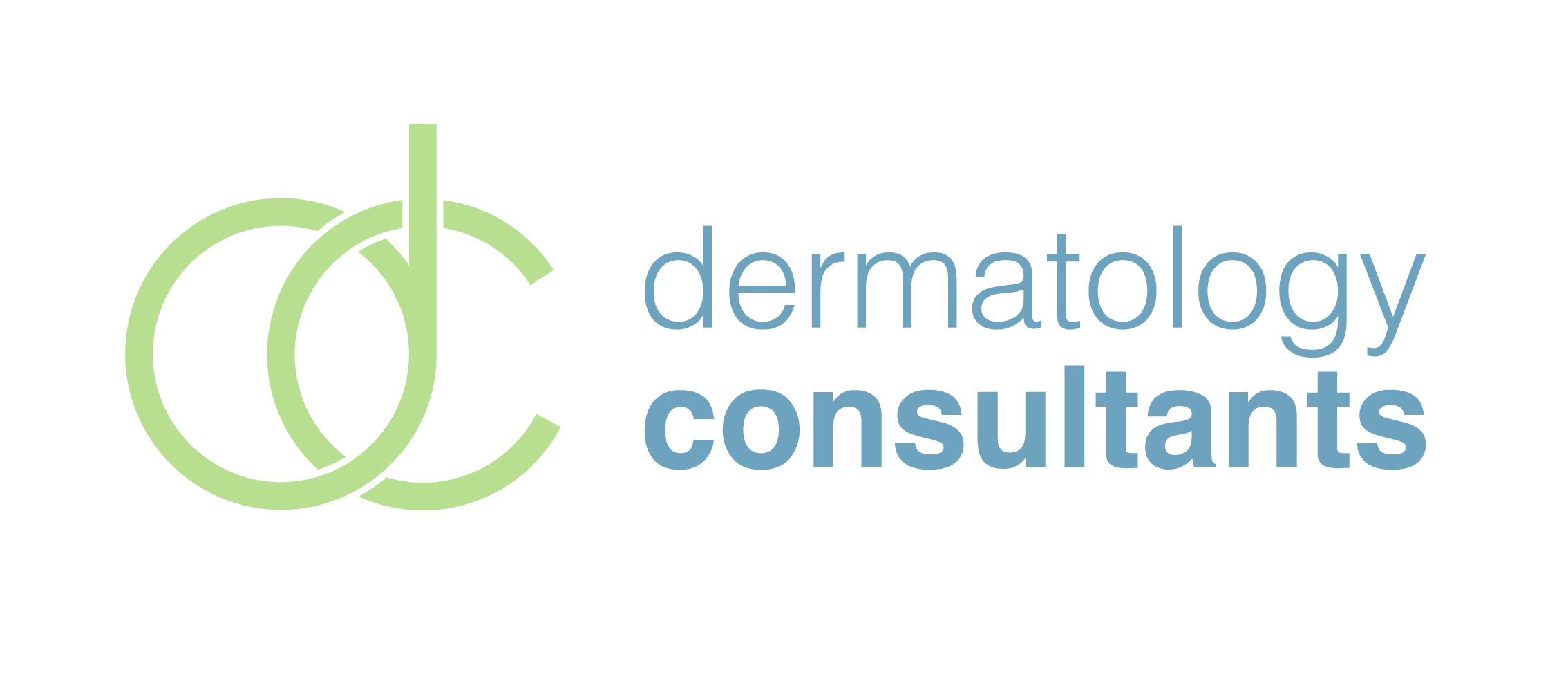How to Treat Rosacea
Rosacea is a skin condition that makes your face appear red in some areas. This condition can also cause other symptoms that affect your skin. If you’re feeling self-conscious about rosacea, there are ways to treat this skin condition.
Symptoms of Rosacea
Rosacea mainly causes redness in certain parts of your face, such as your cheeks and nose. You might also notice small, swollen blood vessels in these areas of your face with this condition. Other symptoms that rosacea can cause include red bumps that are swollen and feel tender or problems with your eyes, such as dryness and reddish eyelids. In rare cases, people with rosacea develop thicker skin on their nose, making it appear larger.
Causes of Rosacea
The exact cause of rosacea isn’t fully understood, but different factors could play a role in why it occurs in some individuals. Certain factors can trigger rosacea symptoms or cause them to become worse, such as the following:
- Weather conditions, such as extreme temperatures or wind
- Emotional situations
- Alcohol consumption
- Spicy foods
- Hot beverages
- Cosmetics with certain ingredients
- Physical activity
Your risk of having rosacea is higher if you are over 30 years old, have fair skin and are a woman. Smokers and those with a family history of rosacea also have an increased risk of having this condition.
Treatment Options
Medications and skin care changes are traditional forms of treatment for rosacea. Depending on how severe your skin condition is, your doctor might prescribe medications for reducing redness or oral antibiotics that help ease inflammation. Other ways to treat this condition include avoiding rosacea triggers as much as possible, wearing sunscreen, and using skin care products that won’t irritate your skin.
If medications and skin care aren’t helping, there are other forms of treatment to consider for rosacea. Laser therapy is sometimes used to ease rosacea symptoms. This type of therapy involves the use of lasers to reduce redness in the skin due to blood vessels that are larger than normal. These lasers produce energy that destroys capillaries while leaving the skin surrounding these areas unharmed. The damaged tissue disappears gradually over the course of several weeks. Your doctor can let you know if laser therapy for rosacea is a good option for you based on certain factors, such as the severity of your condition. Keep in mind that laser therapy is considered a safe form of treatment for this skin condition.
If you need treatment for rosacea, please contact Short Hills Dermatology Consultants for an appointment.





